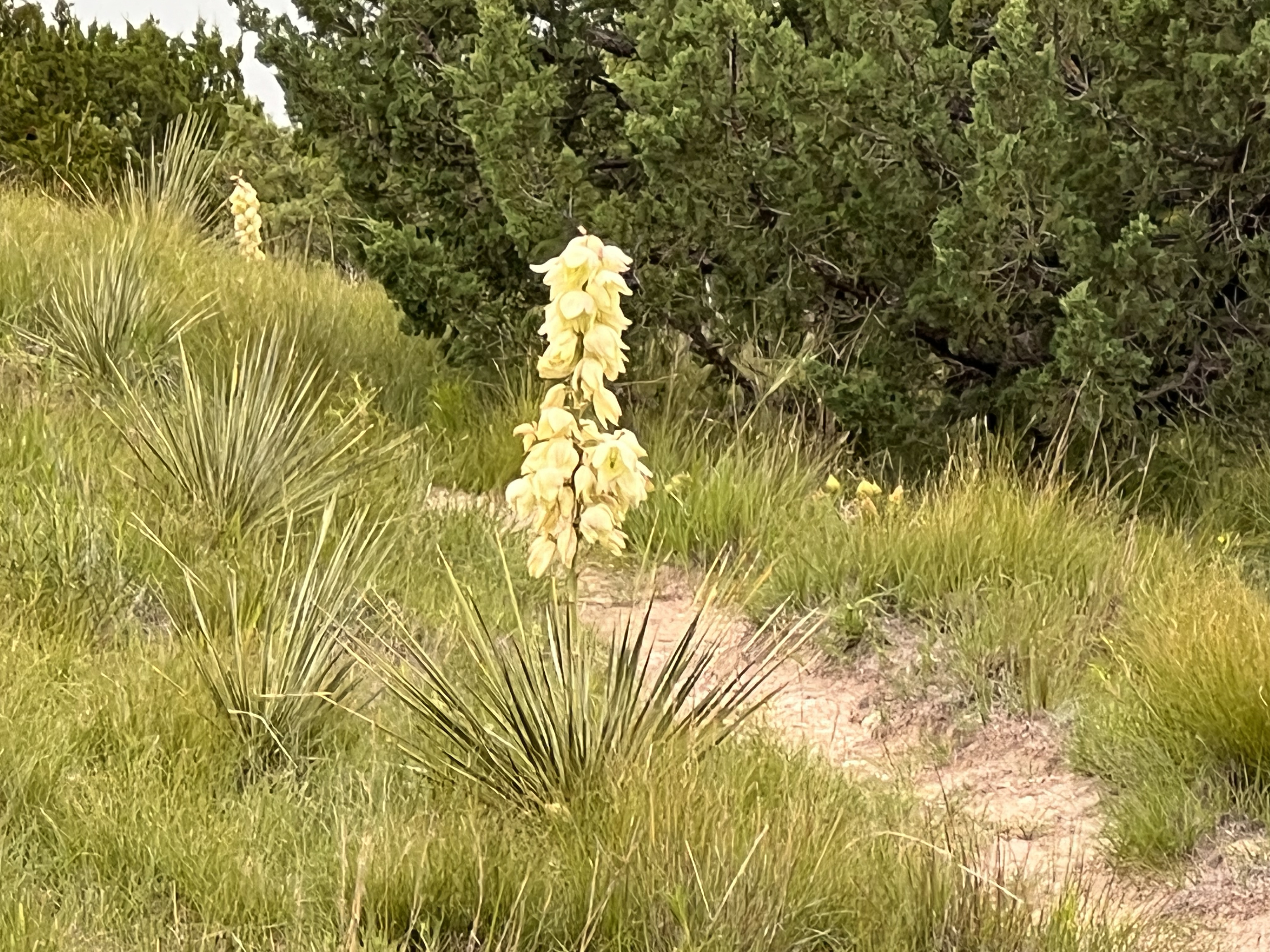FULFILLS:
BIOS 207
THE INSTRUCTOR:
Kyle Coblentz is an evolutionary ecologist and a Senior Research Associate in the School of Biological Sciences at the University of Nebraska-Lincoln. Kyle’s research focuses on the interactions among species, how ecological and evolutionary processes determine the strengths and outcomes of interactions among species, and how these interactions are both influenced by climate change and influence species’ responses to climate change. Prior to joining UNL, Kyle worked in Louisiana, Oregon, and Panama and has worked on a wide range of invertebrates (from leaf-cutting ants to marine snails) in terrestrial, freshwater, and marine habitats.
PREREQUISITES:
LIFE 120 & LIFE 120L and LIFE 121 & LIFE 121L
COURSE DESCRIPTION:
This course serves as an introduction to ecology and evolution and is required for all Biology majors. The fields of ecology and evolution seek to understand the diversity of life on earth and how life functions in nature. Ecology and evolution are intrinsically linked as ecology seeks to understand the interactions between organisms and their biotic and abiotic environments and evolution seeks to understand how organisms adapt to their environments and how evolutionary processes have generated the vast diversity of extant and extinct life. The goal of this course is to provide students with an understanding of the basic principles of ecology and evolution and prepare students to apply those principles to understand the natural world. To reach this goal, the course will combine lectures and class activities with group projects that take advantage of the local flora and fauna surrounding Cedar Point Biological Station. Beyond an understanding of ecological and evolutionary principles, students will also gain skills in statistical analysis, experimental design, field and laboratory techniques, expository writing, and creating and delivering presentations.
